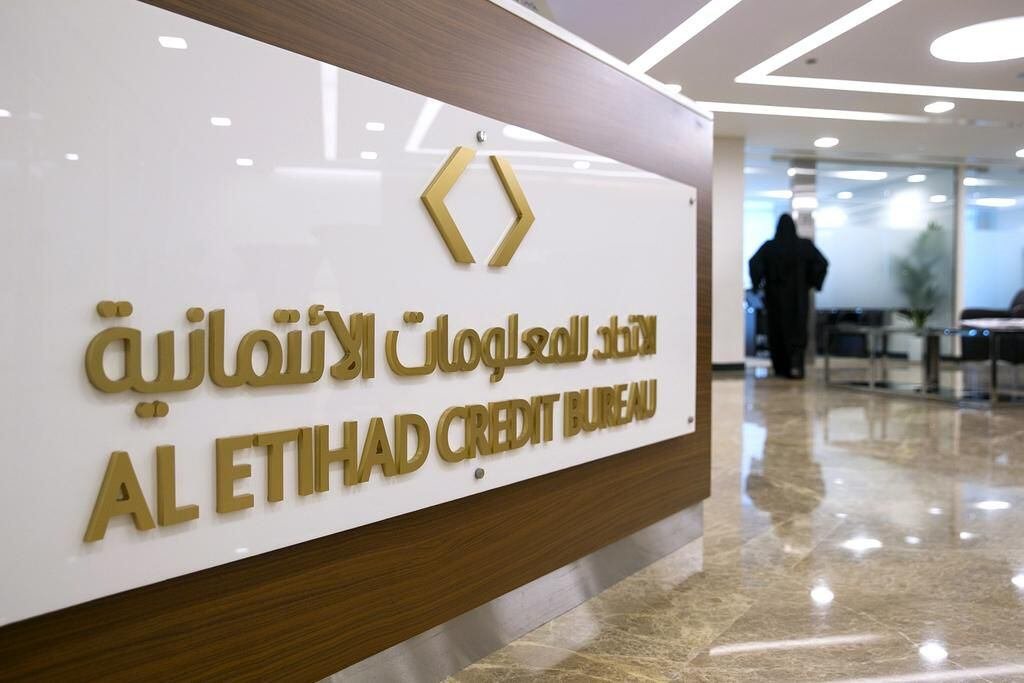If you live and work in the UAE, you’ve probably heard people talking about their credit score. Maybe your bank mentioned it when you applied for a loan. Maybe your friend told you they got rejected for a credit card because their score was too low. But what exactly is this number, and why is it so important?
Let’s break it down in simple terms.
What Is a Credit Score?
A credit score is a number that shows how trustworthy you are when it comes to borrowing money. In the UAE, this score is calculated and managed by a government-backed company called the Al Etihad Credit Bureau (AECB). They collect financial data from banks, telecom companies, and other sources to build your personal credit report and score.

Your credit score is a three-digit number that typically ranges from 300 to 900. The higher your score, the better your financial reputation. A good score shows that you’re likely to pay your bills on time. A low score means lenders might see you as a risk.
Why Does It Matter?
Your credit score can affect many parts of your life in the UAE, especially when it comes to money. Here are some key areas where your score matters:


- Loan approvals: Banks check your credit score before giving you a personal loan, car loan, or mortgage.
- Credit cards: If you want a credit card, your score plays a big role in whether you get approved.
- Interest rates: A higher score may get you better interest rates, helping you save money.
- Rental agreements: Some landlords may ask for your credit report before signing a lease.
- Job applications: In certain industries, especially finance, your employer may look at your credit history.
In short, your credit score can open or close doors for you. Whether you’re trying to buy a home, rent an apartment, or even change jobs, this number might play a bigger role than you think.
How Is It Calculated?
The AECB uses a few key factors to calculate your score:
- Payment history – Do you pay your bills on time?
- Outstanding debts – How much money do you owe?
- Credit history length – How long have you been using credit?
- New credit activity – Have you recently applied for new credit or loans?
- Types of credit used – Are you using a mix of credit cards, loans, etc.?
For example, if you always pay your Etisalat or Du phone bills late, that could pull your score down. But if you pay your credit card bills in full and on time every month, that could help push your score up.
What Is a “Good” Credit Score?
In the UAE, here’s a rough guide to understanding credit score ranges:
- 300–540: Very poor
- 541–650: Poor
- 651–710: Fair
- 711–745: Good
- 746–900: Excellent
If your score is 700 or more, that’s usually considered a strong position. Banks are more likely to offer you loans and cards, and you’ll likely get better terms. If your score is below 600, however, you may face difficulties.
How Can You Check Your Score?

You can easily check your credit score in the UAE through the Al Etihad Credit Bureau:
- Visit the AECB website or download their app.
- Provide your Emirates ID and mobile number.
- Pay a small fee to view your score and full report.
This is the official and only way to access your credit score in the UAE. It’s worth checking regularly to understand where you stand.
How to Improve a Low Credit Score
If your score is lower than you’d like, don’t worry. There are several simple steps you can take to improve it over time:
- Pay on time – Set reminders or auto-pay for your bills and loans.
- Avoid late fees – Even one missed payment can hurt your score.
- Keep credit card balances low – Try not to max out your cards.
- Don’t apply for too much credit at once – Multiple applications in a short time can lower your score.
- Stay patient – Credit scores don’t improve overnight, but consistent good habits pay off.
Improving your credit score takes time, but it’s worth the effort. A better score means more financial freedom in the future.
The Rise of Credit Awareness in the UAE
Until a few years ago, many UAE residents didn’t even know they had a credit score. Today, awareness is growing fast. Banks and financial advisors now talk openly about credit reports, and more people are paying attention to their financial health.
The AECB also recently introduced tools like credit reports with risk levels and score tracking features to help people take control of their financial life.
Many expats, especially those planning to stay in the UAE long term, now see good credit as part of building a stable life here. Some even compare it to having a good reputation—it’s something you earn and something that can help you in ways you don’t expect.
Final Thoughts
In the UAE, your credit score is more than just a number. It’s a reflection of your financial behavior and habits. Whether you’re planning to apply for a loan, rent a home, or simply want peace of mind, understanding and improving your credit score is a smart move.
Also read: Tesla Phone Launches in Dubai and It’s Breaking the Internet














